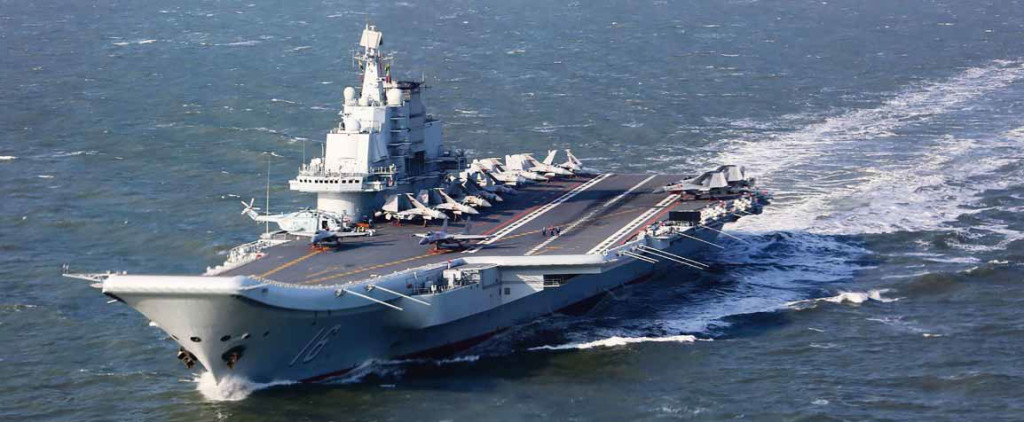Duterte drifting from US to China, says new PH envoy
The Philippines is tilting away from its traditional ally the United States toward China in a bid to “normalize” relations following a long-standing territorial dispute, the country’s incoming ambassador to Beijing said on Monday.
Manila has been one of Washington’s most loyal allies in Asia, but President Duterte has threatened to end the decades-long alliance after the United States criticized his bloody war on drugs that has killed more than 6,000 people since he took office in June.
His fiery rhetoric against the United States has been followed by overtures to China as he has sought to assuage Beijing’s concerns over Manila’s competing claims to the South China Sea.
The new Philippine ambassador to China, Jose “Chito” Sta. Romana, told AFP the move represented “a strategic shift in our foreign policy.”
Normalizing China relations
“We were one-sidedly imbalanced in favor of the [United States,” he said.
Article continues after this advertisement“We are not abandoning our alliance with the [United States]… We are basically trying to normalize our relations with China,” he added.
Article continues after this advertisementBeijing claims most of the South China Sea despite competing claims from the Philippines and other Asian countries, but a UN-backed tribunal ruled in July that China’s claims had no legal basis in a resounding victory for Manila.
Mr.Duterte’s decision to set aside the territorial conflict in exchange for Chinese investment and aid has given Beijing a boost in its quest for more control over the strategically vital waters.
The incoming envoy, a former Beijing-based journalist, said Manila was open to working with China to access resources in the disputed region.
US Trojan horse
“The Chinese viewed the Philippines as a geopolitical pawn or Trojan horse of the [United States]. Now they look at us as a friendly neighbor.”
He added that relations with the United States plunged after Washington criticized Mr. Duterte’s crackdown on drugs.
“The problem came after they began lecturing him. The President considers it an internal affair,” he said. “The Chinese don’t comment on your internal affairs.” —AFP
